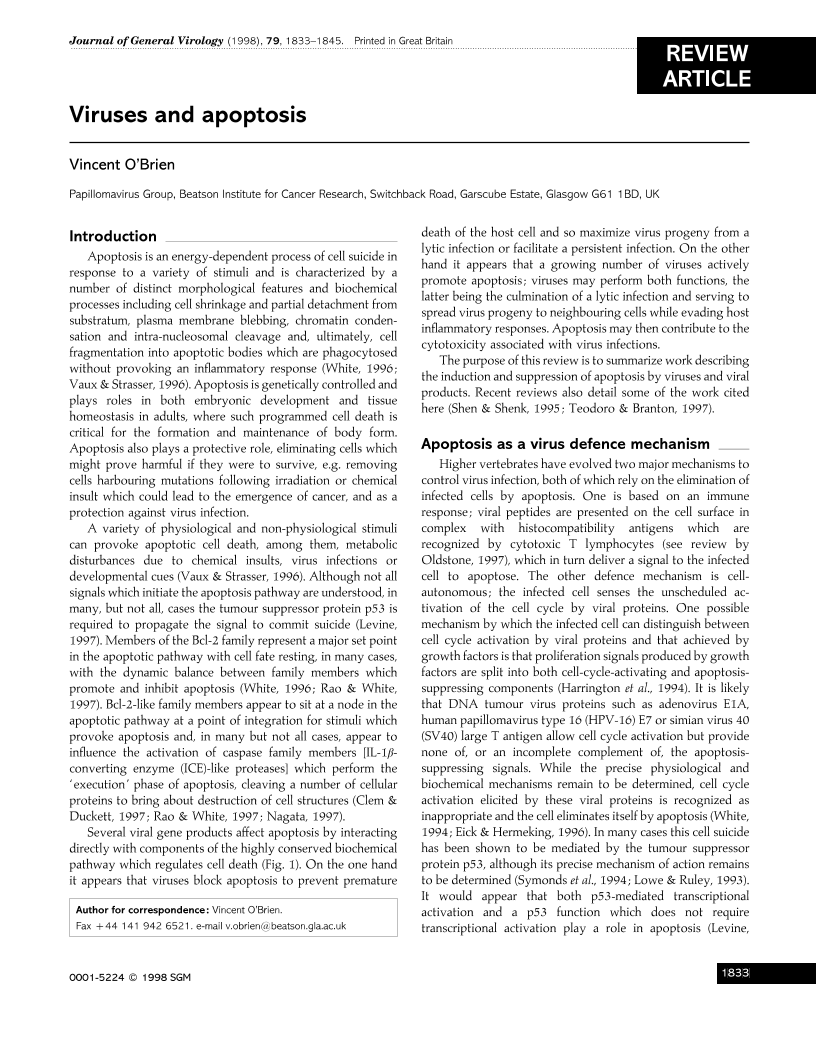
Full text loading...

Viruses and apoptosis., Page 1 of 1
< Previous page | Next page > /docserver/preview/fulltext/jgv/79/8/0791833a-1.gif
There is no abstract available.

Article metrics loading...

Full text loading...
References


Data & Media loading...
